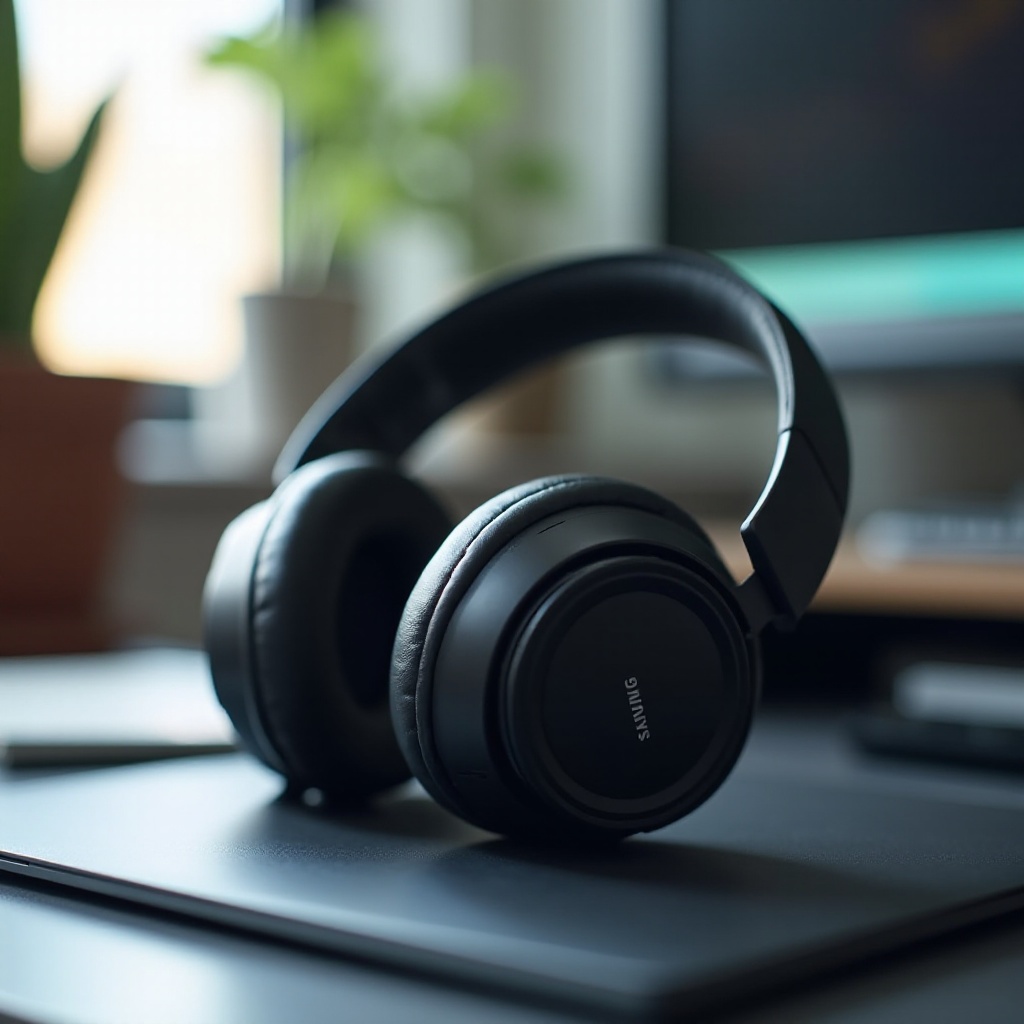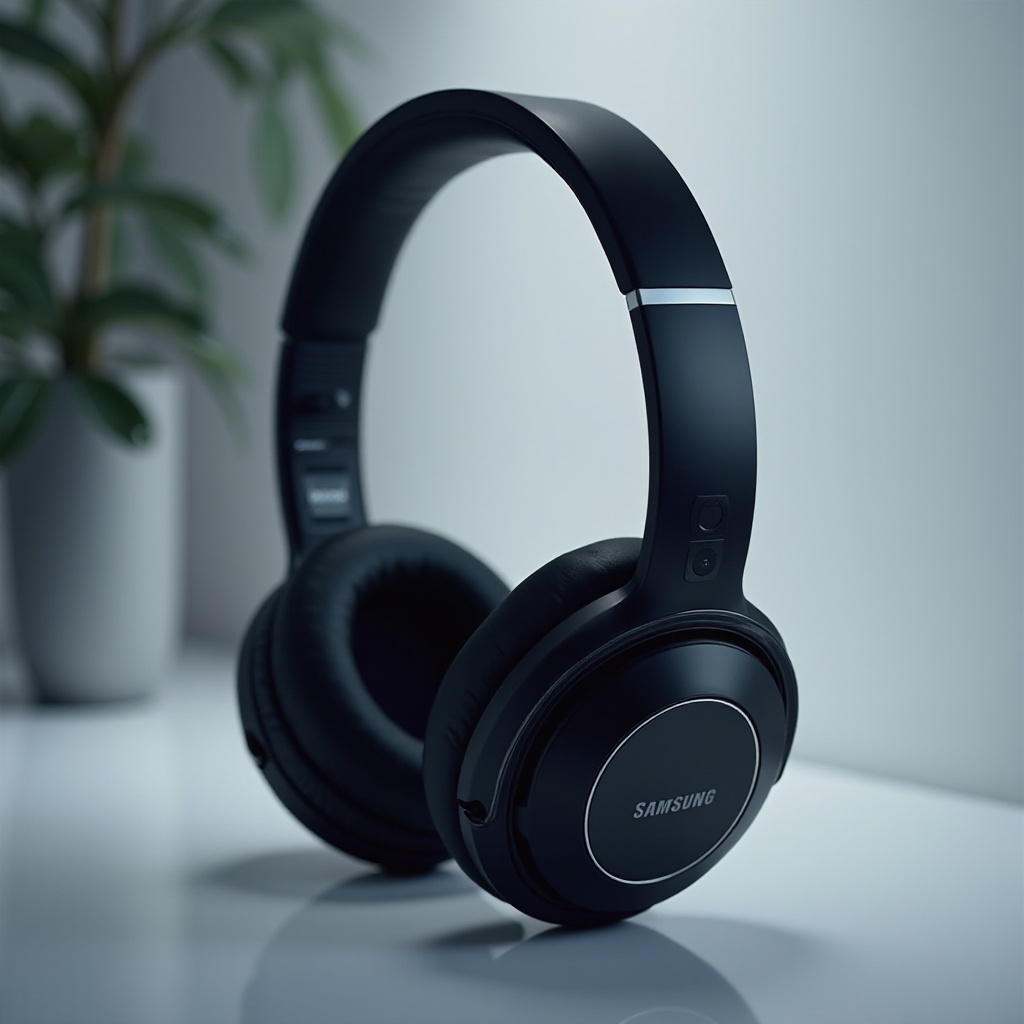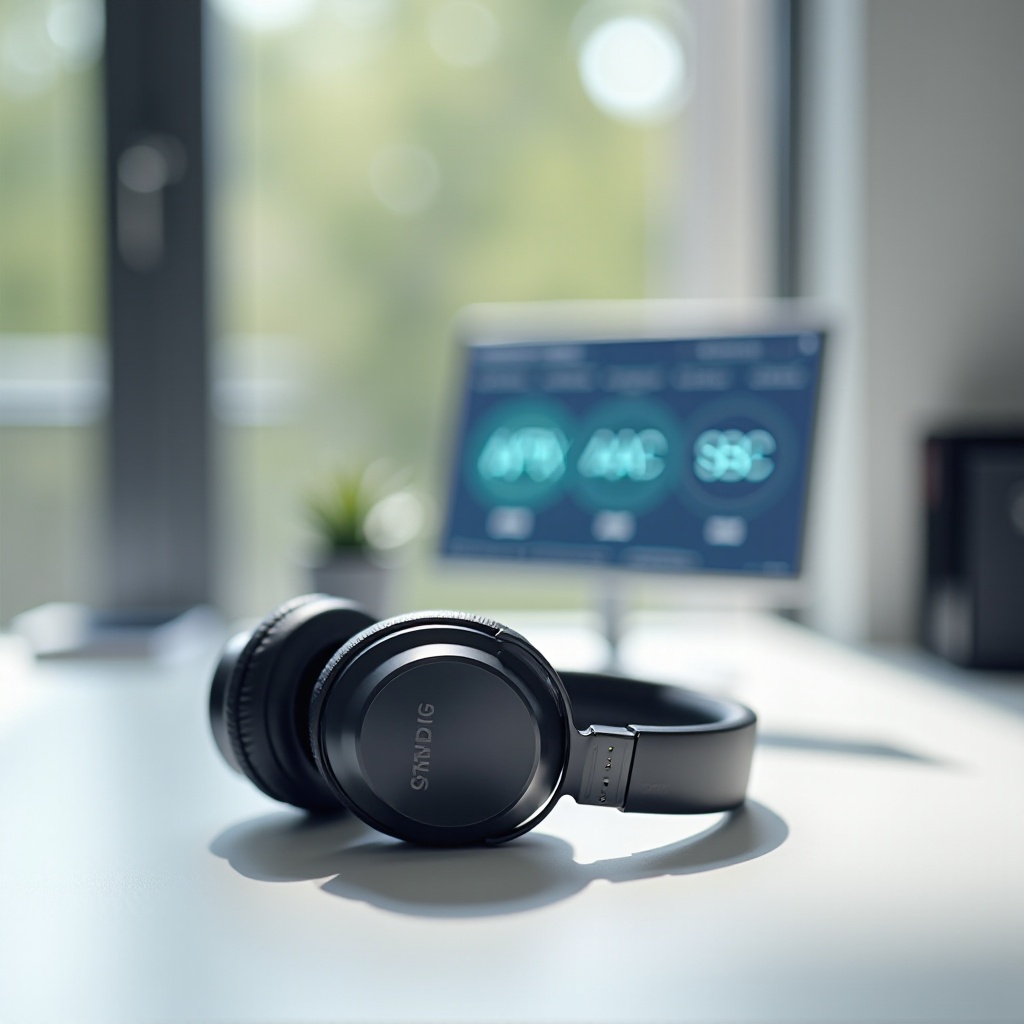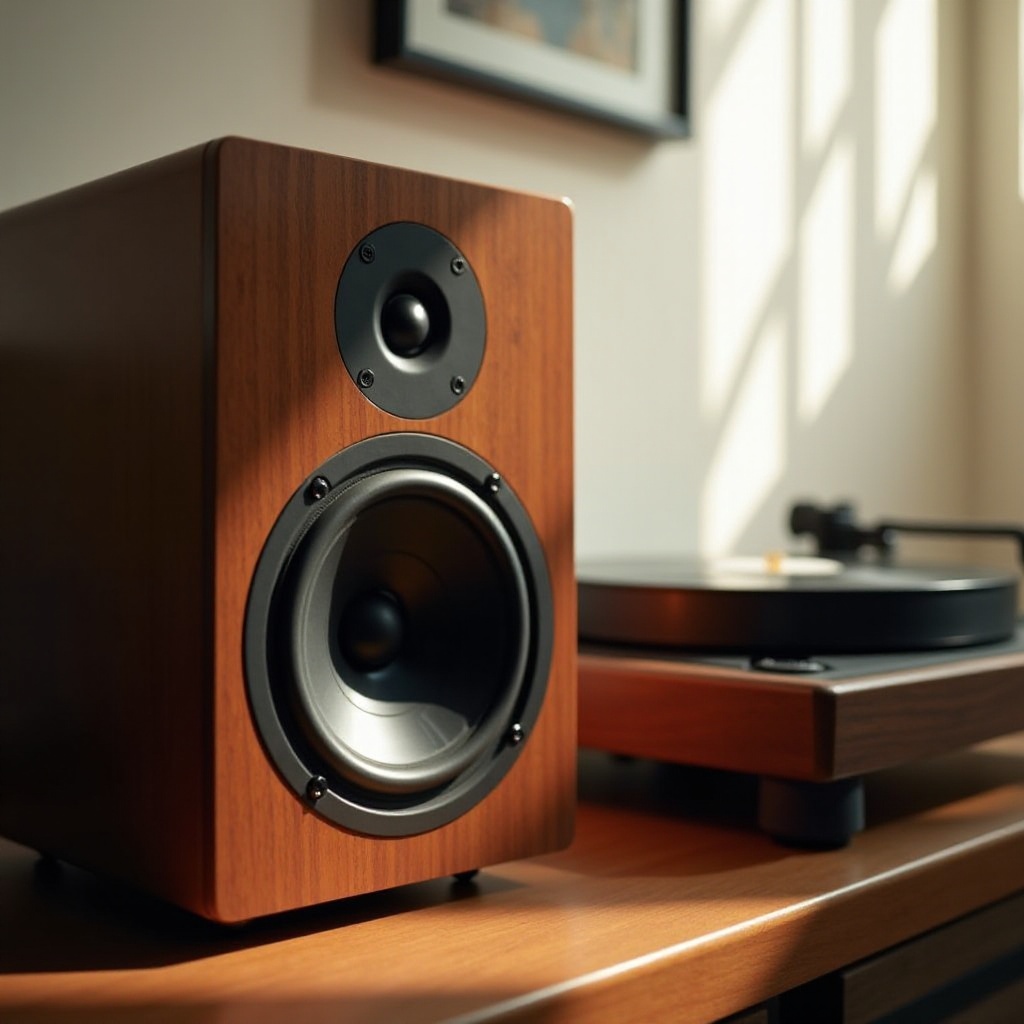Introduction
Finding the perfect pair of headphones involves more than just comfort and design; audio quality plays a significant role. If you are considering the Samsung XM3 headphones, understanding the audio codecs they support can help you make an informed decision. Audio codecs directly influence the sound quality and streaming efficiency over wireless connections, thereby affecting your overall listening experience. This guide aims to delve into the range of codecs supported by the Samsung XM3 headphones and how you can optimize your listening experience accordingly.

What Are Audio Codecs?
Audio codecs are algorithms that compress and decompress digital audio data. These algorithms are critical for wireless headphones, as they determine how audio is transmitted from your device to your headphones. Several factors influence audio quality, including bit rate, compression method, and the codec itself. The primary function of a codec is to maintain a balance between audio quality and file size. In wireless headphones, codecs also affect latency, which is the delay between audio transmission and reception. Popular audio codecs include SBC, AAC, aptX, and LDAC.
Overview of Samsung XM3 Headphones
Samsung XM3 headphones have gained widespread popularity due to their excellent sound quality, noise cancellation features, and comfortable design. Not only do these headphones excel in user comfort and battery life, but they also support high-resolution audio. Understanding which codecs your headphones support will help you maximize their audio capabilities. With versatile features and technical sophistication, Samsung XM3 headphones appeal to both casual listeners and audiophiles alike.

Supported Codecs by Samsung XM3 Headphones
The Samsung XM3 headphones are equipped to support multiple audio codecs. Let’s explore these codecs in detail:
AAC Codec
The Advanced Audio Codec (AAC) is one of the most common codecs supported by the Samsung XM3 headphones. Known for its efficient compression algorithm, AAC delivers high-quality audio even at lower bit rates. AAC is particularly effective for streaming applications, where maintaining a balance between audio quality and data efficiency is crucial. With Samsung XM3 headphones, you can enjoy cleaner soundscapes and more precise audio details when using AAC.
aptX and aptX HD
Samsung XM3 headphones also support aptX and aptX HD codecs, which are developed by Qualcomm. These codecs offer improved sound quality by minimizing latency and maintaining higher bit rates. AptX ensures a stable connection and reduces audio lag, making it an excellent option for watching videos or gaming. AptX HD takes it a step further, offering an extended range for high-definition audio. Both codecs are perfect for users looking for better sound resolution and higher fidelity.
LDAC
Developed by Sony, LDAC is another premium codec supported by Samsung XM3 headphones. LDAC enables the transmission of high-resolution audio content over Bluetooth connections at up to 990 kbps. With triple the bitrate of standard codecs, LDAC ensures superior audio quality and fine details. It is ideal for audiophiles who want to experience studio-like sound quality from their wireless headphones.
SBC
The Sub-Band Codec (SBC) is the default codec used in most Bluetooth devices and is also supported by Samsung XM3 headphones. While it may not offer the same high-fidelity audio as AAC or aptX, SBC is reliable and efficient. It provides a good balance between sound quality and power consumption, making it a practical choice for everyday listening.
Comparing the Codecs: Strengths and Weaknesses
When evaluating the codecs supported by Samsung XM3 headphones, each one has its strengths and weaknesses: 1. AAC: – Strengths: Efficient compression, good sound quality. – Weaknesses: Slightly higher latency. 2. aptX and aptX HD: – Strengths: Low latency, high-resolution audio for aptX HD. – Weaknesses: Requires compatible hardware and software. 3. LDAC: – Strengths: High bitrate, excellent audio quality. – Weaknesses: Consumes more battery, may require manual settings adjustments. 4. SBC: – Strengths: Reliable, good power efficiency. – Weaknesses: Lower audio quality, higher compression. Each codec offers a unique set of benefits and trade-offs, making it essential to understand what best suits your listening needs.
How to Choose the Right Codec for Your Needs
Selecting the right codec for your Samsung XM3 headphones depends on your usage priorities. Here are some tips to help you decide: 1. For Audiophiles: If sound quality is your top priority, opt for LDAC or aptX HD. 2. For Streamers: If you stream content frequently, AAC offers a balanced audio experience. 3. For Gamers: Choose aptX for minimal latency and a more responsive audio-visual sync. 4. For Casual Listening: SBC provides a reliable and energy-efficient option for everyday use. By understanding your needs, you can maximize your Samsung XM3 headphones’ audio potential.

Conclusion
Choosing the appropriate audio codec can significantly enhance your listening experience with Samsung XM3 headphones. Whether you prioritize high-resolution audio, low latency, or efficient streaming, knowing which codecs your headphones support allows you to make an informed decision. These versatile headphones cater to various audio preferences, ensuring an optimal sound experience.
Frequently Asked Questions
What is the best codec for high-resolution audio with Samsung XM3 headphones?
LDAC offers the best quality for high-resolution audio.
How do I switch codecs on my Samsung XM3 headphones?
You can switch codecs via your device’s Bluetooth settings, depending on the support for each codec.
Are there any updates or future codecs to look out for in 2024?
Keep an eye out for software updates from Samsung and potential support for newer codecs such as aptX Adaptive.


